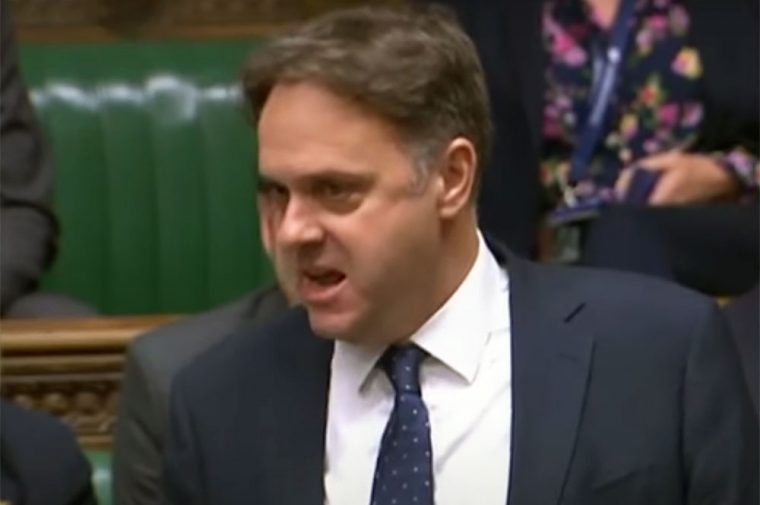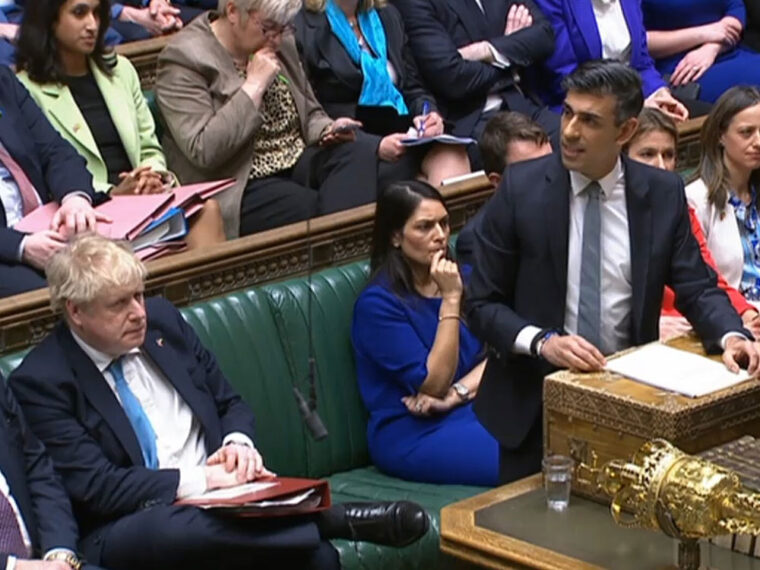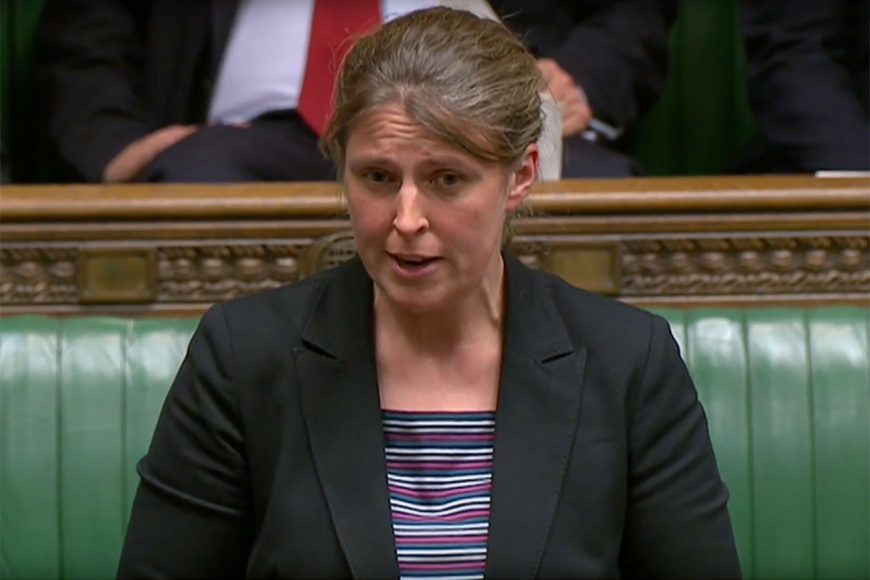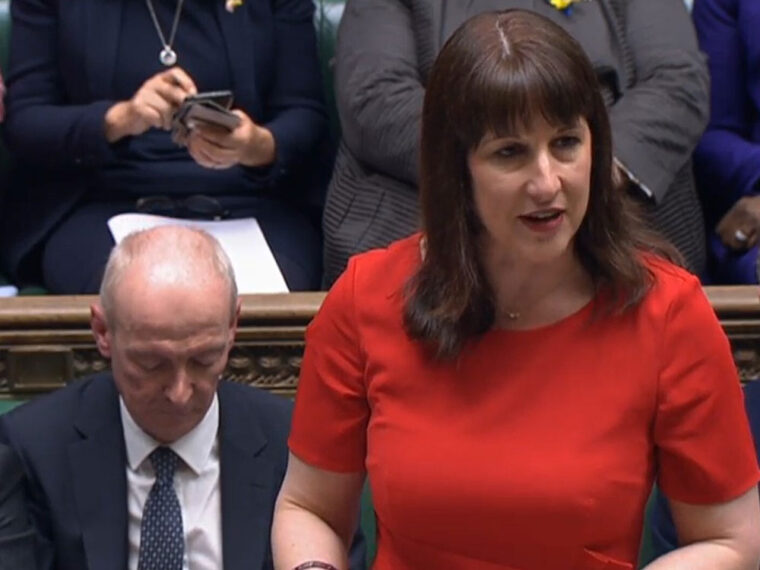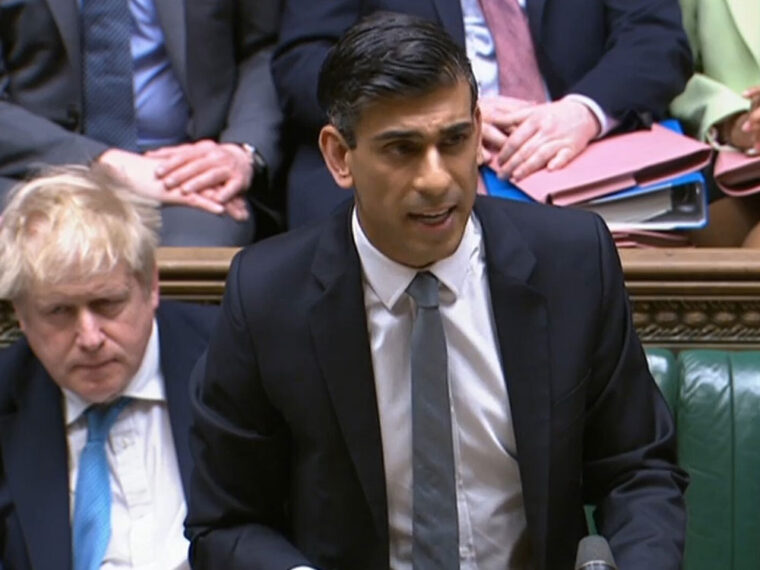Julian Sturdy, the Conservative MP for York Outer, welcomed the measures announced by the Chancellor today.
He said the 5p fuel cut “should save car drivers £100 and van drivers £200 across the next year, and will be particularly valuable for residents of outlying areas and small businesses across York.
“Our Covid-battered small businesses, the lifeblood of our city and source of much local employment, will also receive a £1000 tax cut through increasing the National Insurance Employment Allowance to £5,000, and I am glad lobbying from myself and others on the need to assist them has been listened to.”
Mr Sturdy also welcomed the rise of the threshold at which people pay National Insurance from £9,500 to £12,570.
He went on:
I am encouraged that this will more than offset the previously announced NI rise to fund the NHS and social care reform for 70% of employees, but want to see how this works out in practice.
Rishi Sunak’s announcement he wants to be able to take a penny off income tax in 2024 sets a good direction of travel, but the impact of world events could threaten this.
Having previously lobbied Ministers on ensuring the right support is available for the most vulnerable households through the Universal Credit system, I am glad the NI and fuel measures are being reinforced with targeted assistance for the poorest homes, with the Household Support Fund doubled to £1 billion to help up to 4 million families.
Overall, these steps give me substantial reassurance the government are serious about cushioning York families from rising inflation. However, the developing situation, not least the economic shock of a major European war, means Ministers need to stay ready to go further and faster to protect households financially, and I will be tireless in pressing them on this.
